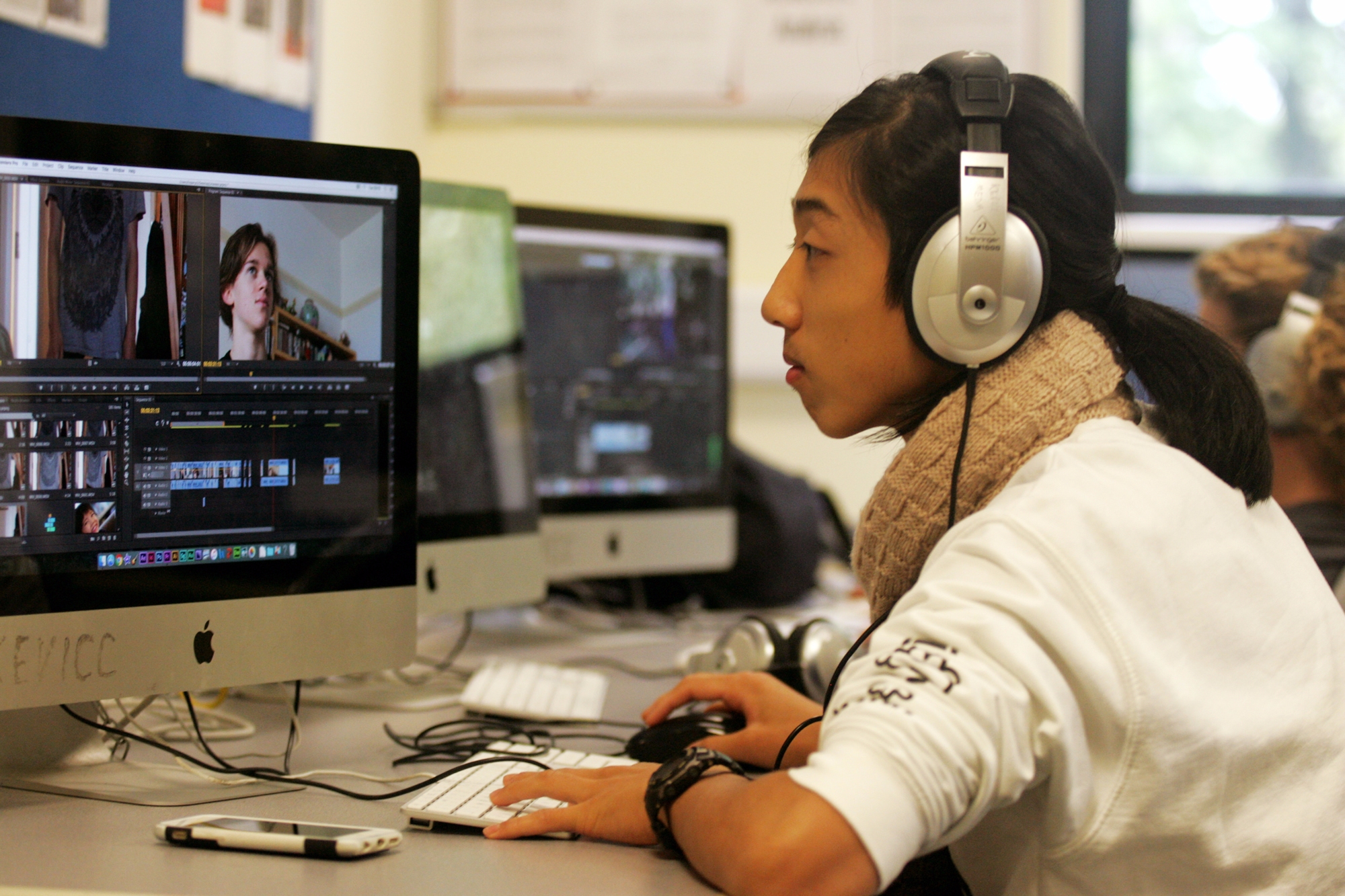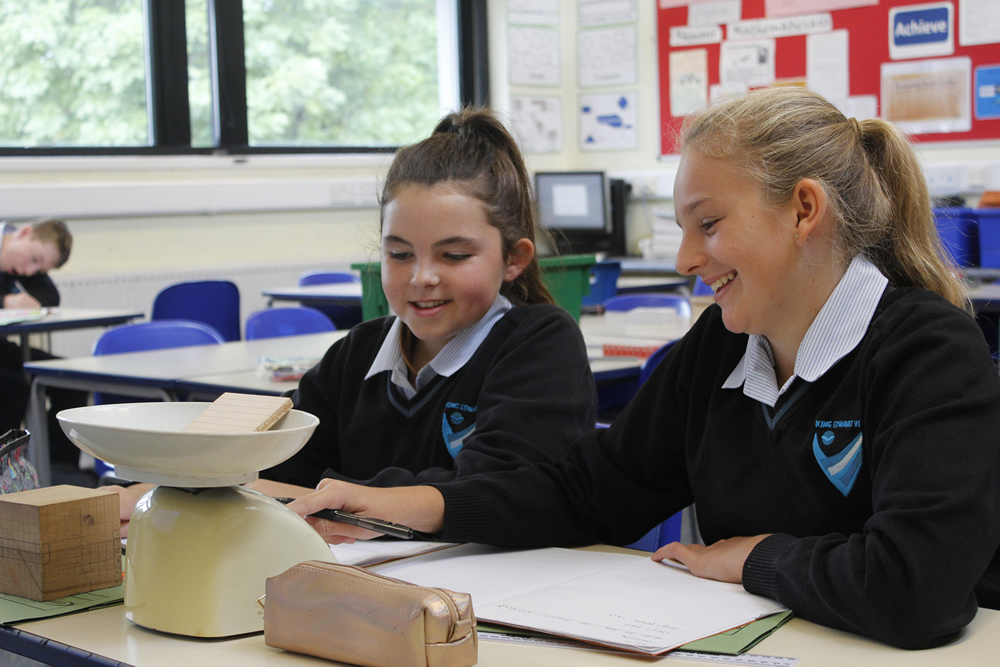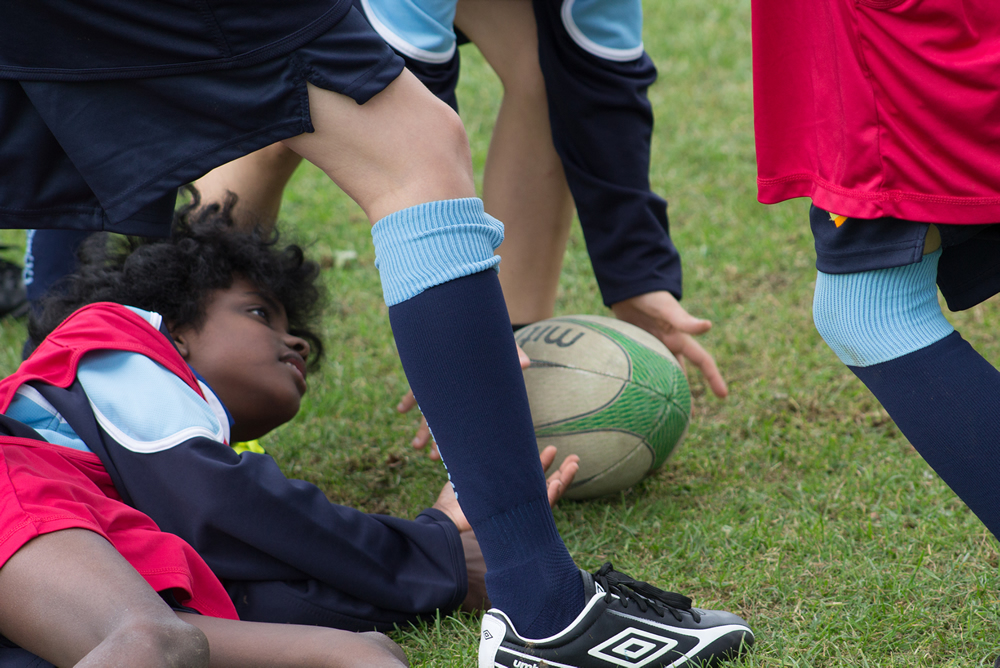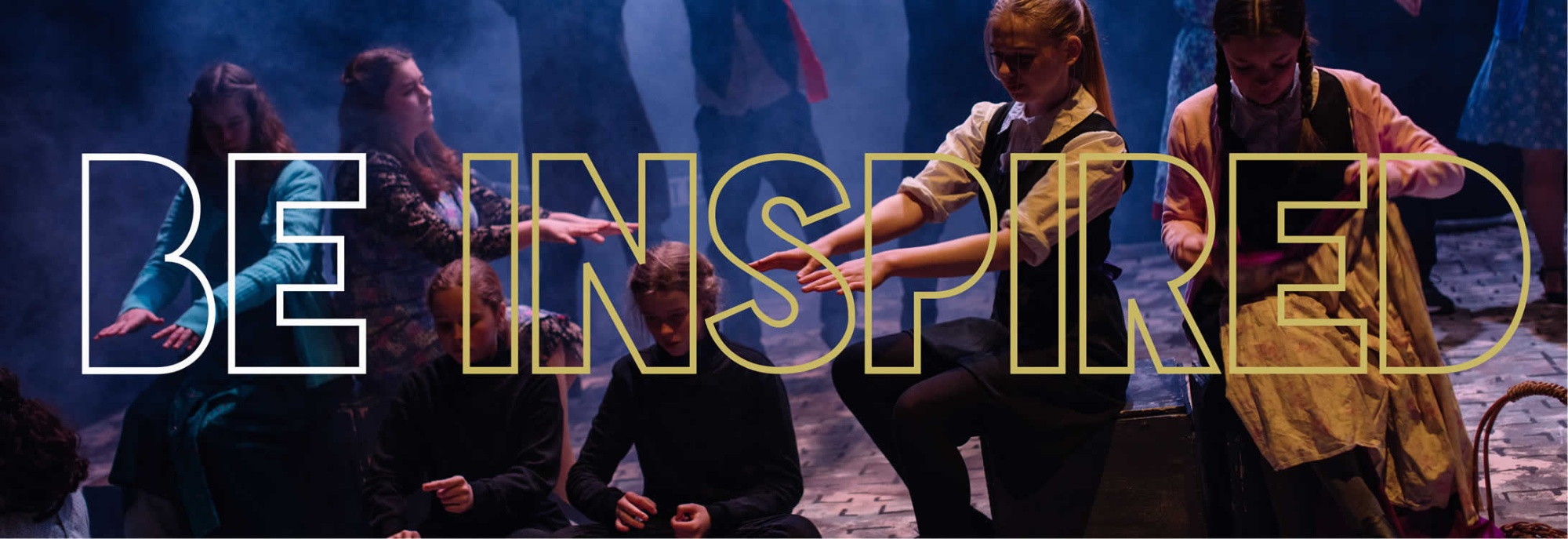Key Stage 4
Cambridge Technical Sports Studies - Exam Board OCR
Assessment Structure
- 75% Assignment based task which is internally assessed and externally moderated
- 25% Examination
Topics Studied
Students will study two mandatory units which are:
- Contemporary Issues in Sport and is assessed through a one hour written exam paper.
- Developing Sport Skills and this is assessed through practical assessment tasks.
Students will then study two additional units from the following options:
- Sports Leadership
- Sport and the Media
- Working in the Sports Industry
- Developing Knowledge and Skills in Outdoor Activities
Both of these units are assessed via assignment based coursework which is internally assessed and externally moderated.
Why take this course?
Sport Studies has a more sector-based focus and you will explore the impact and importance of local and national sports structures and the various parts of the sports industry. This is a practical course that engages you through problem solving, team work, evaluation and analysis of practical performance, and gaining theoretical knowledge through practical work.
You get to play more sport and have more practical time on your timetable.
Your style of learning and how you perform in assessment tasks might suit this course; there is one exam which is only a quarter of your overall grade and has multiple styles of questioning for easier access, some of the assessment will be based on your practical skills and the rest is assessed via coursework.
Where could it lead?
Post 16
A level PE and OCR Cambridge Technical courses at Kennicott.
Post 18
Students may progress to sports related degree courses such as Sport Studies, Sports Development, Sport Media or Journalism, Sport Management, PE Teaching, Coaching, Dance Studies, Sports Law, Leisure and Health related degrees and Event Management.
Career
Sport Studies will highlight the various sectors of the sports industry to you and careers vary from coaching, working in sports journalism and media, sports agent, sports lawyers, event organisers and working with National Governing Bodies in specific sports to personal training and other related careers in the leisure and health industries.
Contact
Sam Quick - Faculty Leader for Physical Education
GCSE Physical Education - Exam Board OCR
Assessment Structure
- 70% Examination
- 30% Practical Assessment
Topics Studied
Students will have four theory and one practical lesson over a two week timetable to study GCSE PE and it is expected that students on this course are regularly participating in sport either in or out of school.
The Theory component includes:
Physical factors affecting performance including anatomy and physiology, function of movement, diet and training.
Socio-cultural issues and sports psychology including commercialisation, impact of sport on society.
For the practical component of the course, students will study a range of activities and are assessed in three different sport/activities; these have to include at least one Individual and one team sport/activity. Students can be assessed in a range of sports that are not covered in the school curriculum such as Horse Riding and Golf; video evidence is required for these activities and they must be from the DfE approved list for GCSE PE.
Why take this course?
- Your practical ability is assessed for 30% of your overall grade.
- There are two one-hour exam papers for bite size and more focused revision rather than one long paper.
- Both written papers include a range of question styles for easier access.
- You get to play more sport and enjoy having more practical lessons.
- This course is fun and interesting.
- If you work hard and enjoy playing your sport regularly you will get good results.
- It could lead to a career or employment in the sport and leisure industry.
Where could it lead?
Post 16
A level PE and OCR Cambridge Technical Courses at Kennicott.
Post 18
Students may progress to sports related degree courses, such as Sport Science, Sport Studies, Sport Therapy, Sport Media or Journalism, Sport Management, PE Teaching, Sport Coaching, Dance and Sport Law.
Career
Students could also progress into the world of work in leisure and management, personal training, apprenticeships and coaching. Exit routes from the Higher Education degrees could lead into a variety of careers including; physiotherapy, teaching, working in the media or as a journalist or managing events.
Contact
Sam Quick - Faculty Leader for Physical Education





